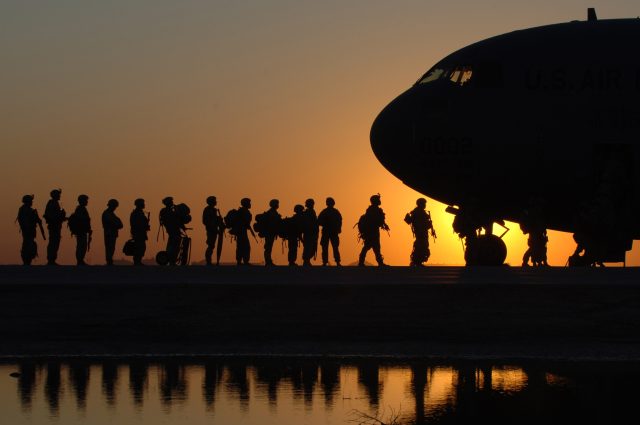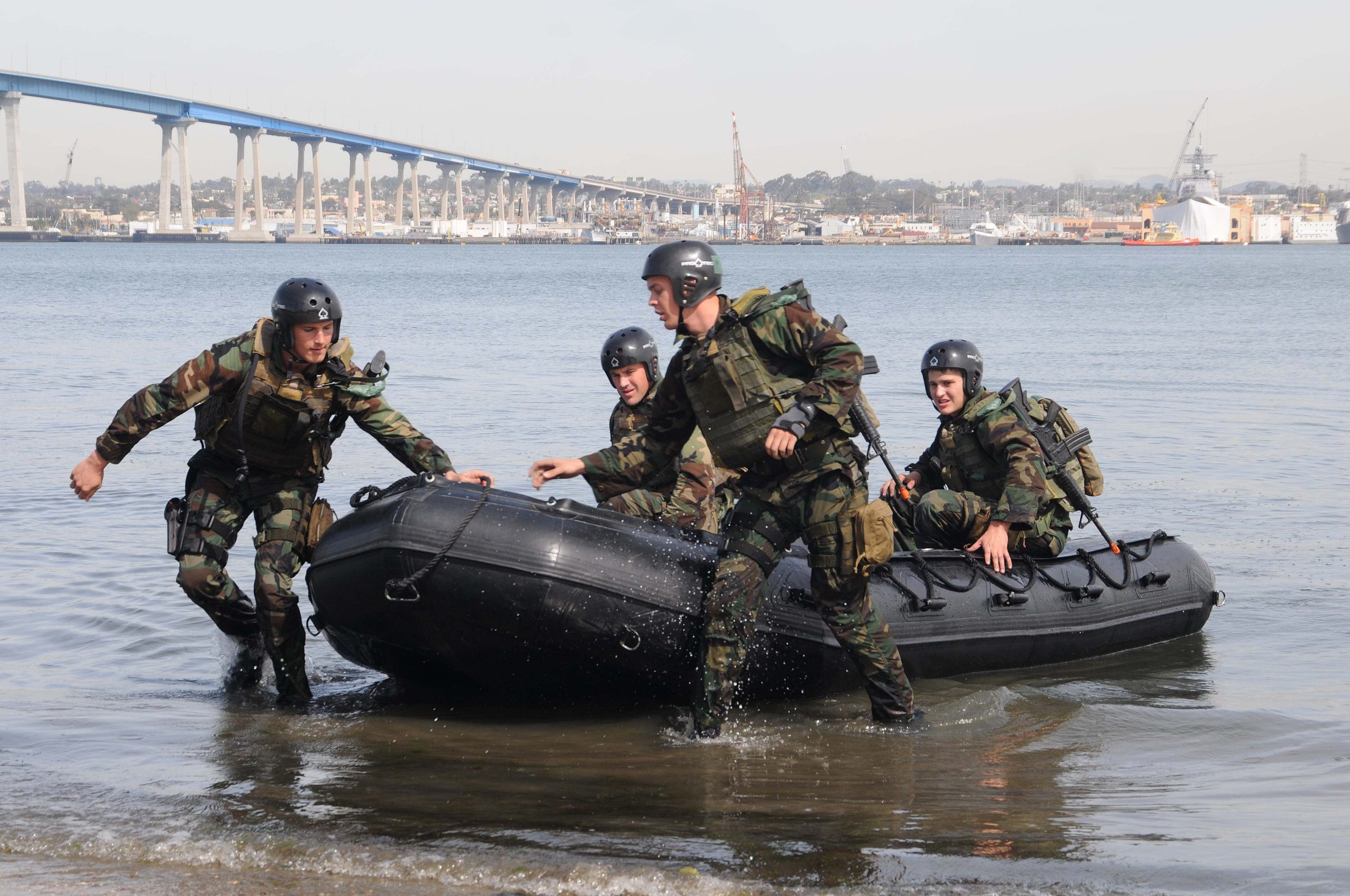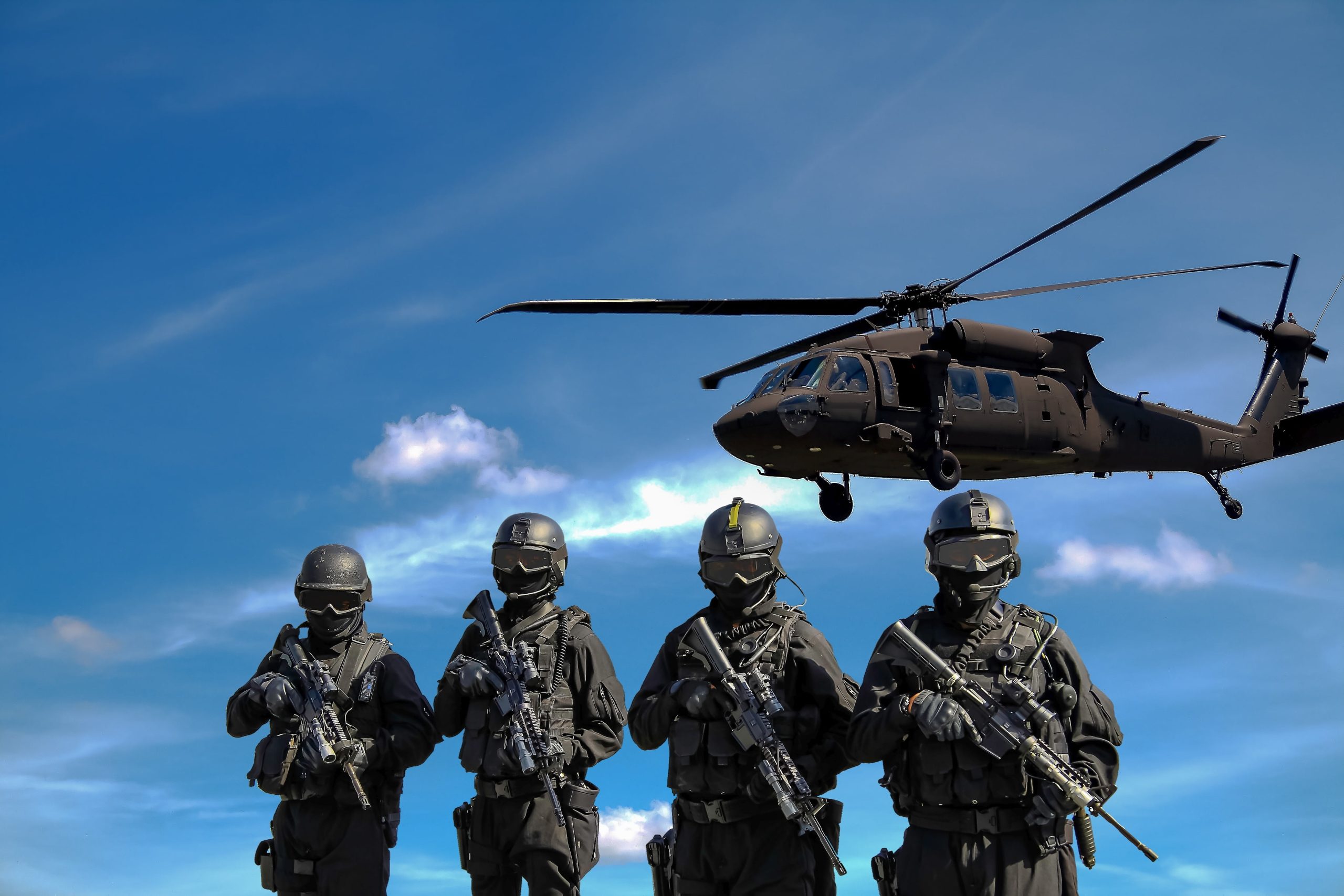
After more than 22 months, the war in Ukraine is no longer in the headlines, as one might say, and no longer occupies entire prime time TV news programs. Even the new conflict in Israel – only a few months old – is stirring far-flung echoes in parts of the world other than where the tragedy occurred. Other and other new tensions, whether or not followed by conflict, capture – for more or less time – the public’s attention, even if they take place in far-flung corners of the globe. The war in Ukraine was replaced in prime time for a few minutes by the recent announcement by Venezuela, a country on the South American mainland, to annex part of English Guiana, and for a few minutes by the less spectacular “incident” in the South China Sea, an area of permanent simmering tensions.
The announcement by Venezuelan President Nicolas Maduro, who is referred to by some of the world’s media as “Putin’s friend”, will certainly occupy public attention for a while longer. Behind the Venezuelan people’s referendum, which overwhelmingly voted to annex a chunk of Guyana, are allegedly billion-dollar interests. The territory Maduro claims for Venezuela represents over 70% of the small English-speaking country, which appears to be extremely rich in oil.
Kosovo, always in conflict
But more likely, even next year, we will hear about Serbia and Kosovo. In light of the war in Ukraine, which has almost captured the public’s attention, the recent tensions have gone almost unnoticed. However, at least four people were killed in so-called riots last September in northern Kosovo and three others on the Serbian-Hungarian border. The attack by Serb paramilitaries on police forces in the northern Kosovo village of Banjska could easily have escalated, especially as Belgrade and Pristina subsequently blamed each other for the situation and its possible escalation. With 4 500 NATO troops stationed in Kosovo through the KFOR peacekeeping mission, the threat of a military confrontation was real, but fortunately this did not happen. At the same time, the bloody battles late last year on Hungary’s border with Serbia between police forces and migrants trying to force their way across the border in what Hungarian Prime Minister Viktor Orban called the “border war” are a dangerous signal that the Western Balkans may still be Europe’s powder keg. The border area between Serbia and Hungary lies on the so-called Balkan migration route to western Europe, which leads from Turkey to Greece and Bulgaria, then on to northern Macedonia, Serbia or Bosnia.
Despite the constant panic that globalisation is inevitable at the outbreak of any armed conflict, the myriad of tensions now, which emerged at the end of 2023, could, paradoxically, allay any such feeling. And the argument would be many.

The fate of the war in Ukraine has not yet been decided, but there are signs that support for it, from the Kiev government’s main allies, is “getting tired”. Faced with the need to “help” stabilise two conflicts simultaneously, both the US and European states have come to “reassess” their pledges of financial and military support. In addition, Europe still has the never-ending problem of the Western Balkans, where tensions, constantly fuelled by different actors, risk escalating into armed conflict at any moment.
The high costs of the war in Ukraine – for which the final bill has not yet been issued but, according to some analyses, already exceeds those in Afghanistan – have created reluctance in Europe to continue unconditional support for a conflict that still seems far from over. Moreover, the war in Ukraine has reopened the debate on the question of reintroducing compulsory military service or at least creating a reserve of volunteers in European countries that gave up after the fall of the Berlin Wall in 1989.
While the government in Kiev makes desperate appeals for aid, the European Union has “suspended” payment of the extra 50 billion promised mid-year to support the country in its conflict with the Russian Federation. And all the while Vladimir Volonsky’s government is growing increasingly desperate, as the news from overseas is not the best either. The US Congress has announced that the year 2023 will end without validating the support of over $60 billion on the Kiev stake. The European Union finally decided on the 1st of February to release the 50 billion in aid over four years.

The US, Israel’s most important ally, appears to have turned more attention to the Middle East since October 2023, reassuring its partner firmly of its support. Moreover, the US has sent its largest aircraft carrier to the Mediterranean, ready to intervene if the situation in the Middle East escalates. At the same time, the European Union, the main donor to the UN’s Palestinian refugee agency, has announced it will “review” its financial support for them just days after the bloody Hamas attack in Gaza in early October. This is because while EU heads of diplomacy have unanimously condemned the attack on Israel, recognising its right to defence, they have not reached a compromise on continuing generous support to protect the Palestinian population. In other words, to prevent a massive uncontrolled migration from this area to Western European countries, especially those on the Mediterranean coast.
After months and months of economic crises, attacks that have resulted in loss of life, European states seem to be playing the caution card when it comes to engaging in conflicts that are “at home”. One proof of this is increasing defence budgets and taking steps to ensure that, if needed, they have armies that can fight. One of the countries that has taken such measures is Romania, which has introduced – after debates on the issue have been raging since the start of Russia’s invasion of Ukraine – a volunteer army.
Unlike other European countries that have chosen to return to compulsory military service, Romania has opted for this concept in order to “increase the quantity and quality of the mobilisation reserve, which has been progressively reduced as a result of the suspension of compulsory military service in peacetime since the 1st of January 2007”, according to the explanatory memorandum accompanying the draft law. The idea of obliging the conscriptable population to perform compulsory military service was categorically rejected by the government at the time, even though the Minister of Defence at the time, the Social Democrat Vasile Dâncu, had mentioned that, according to the results of a 2011 survey, 60% of the population aged 18-35 – i.e. the conscriptable population – agreed to perform a military training period of several months.
Today, not only men – who were obliged to do their military service until 2007 – but also women, if they wish, can take part in the recruitment campaign for military reservists and, after a training period of several months, even get paid, without being obliged to do active service similar to that of the professional army.
In other European countries, although they have been launched, debates on the subject have yet to materialise. For example, the government in The Hague is considering increasing the size of the army through compulsory service, as Sweden and Norway have been doing since 2018. Both have reintroduced them only a few years after abolishing them. Incidentally, of all the EU’s 29 NATO member states plus Turkey, only six have compulsory military service. Another country where there are plans to introduce compulsory military service is France. After President Emmanuel Macron introduced “universal national service” in 2019, in which young people’s participation was not voluntary, the government is considering making it compulsory for all French people aged 15 to 17. On the other hand, Germany, which scrapped the compulsory army late in 2011, still has the option of returning to it if the Bundestag finds an urgent need to defend the country, according to the federal constitution.
Photo: Pickpik.com



 Subscribe
Subscribe